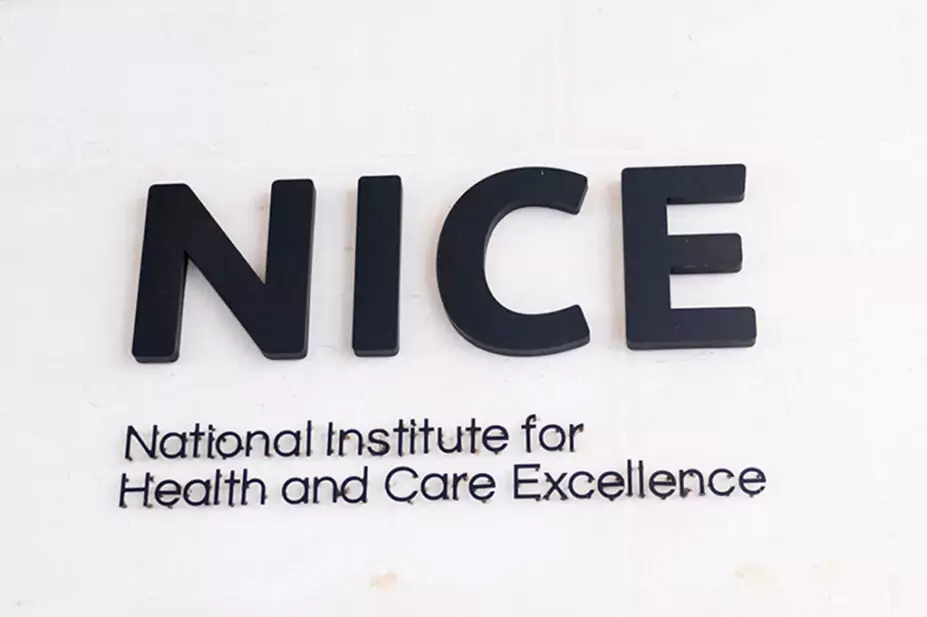
Paul Lawrenson / Alamy Stock Photo
Final draft guidance from the National Institute for Health and Care Excellence (NICE) has recommended nirmatrelvir plus ritonavir (Paxlovid; Pfizer), tocilizumab (RoActemra; Roche) and sotrovimab (Xevudy; GlaxoSmithKline) as options for treating COVID-19 in adults.
This advice contrasts with previous draft guidance, published on 16 November 2022, in which NICE recommended the use of baricitinib (Olumiant; Eli Lilly), subject to it receiving a marketing authorisation in Great Britain for this indication.
However, in a press release published on 21 February 2023, NICE highlighted that manufacturer Eli Lilly was no longer seeking a marketing authorisation for baricitinib in Great Britain.
The final draft guidance follows a review of further clinical evidence as well as “productive discussions” with the manufacturer of sotrovimab, meaning it can now be recommended as a cost-effective option.
According to the press release, although much of the clinical evidence considered was based on studies carried out before the emergence of the Omicron variant of COVID-19, the three medicines were recommended because there was “some evidence” suggesting they were effective in treating COVID-19.
Paxlovid is recommended for adults who do not need supplemental oxygen for COVID-19 and who have an increased risk for progression to severe COVID-19; Xevudy is recommended for the same group where Paxlovid is contraindicated or unsuitable; and RoActemra is recommended for treating COVID-19 in adults who are having systemic corticosteroids and need supplemental oxygen or mechanical ventilation.
NICE has also announced that it is developing a new review process to update its recommendations on the clinical and cost-effectiveness of these COVID-19 treatments, so that they can be made available more quickly to patients if they show promise against new variants and are found to be cost-effective.
The press release said it would be launching a public consultation on proposals for the new rapid update process from 3 April 2023 and had the ability to run an update as a pilot during the consultation period.
Helen Knight, director of medicines evaluation at NICE, said: “NICE is the first health technology assessment body in the world to look at the clinical and cost-effectiveness of COVID treatments outside of their use during the pandemic.
“Our committee looked very carefully at all the evidence available and heard from both clinicians and affected individuals before reaching its recommendations. These are difficult decisions that have been made on careful analysis of the evidence and with an understanding that COVID-19 remains a live issue where it is important we are able to move fast, if and when new evidence emerges.
“We are pleased that, following the consideration of more clinical evidence and productive discussions with the company, we are now able to recommend Xevudy as a cost-effective option.
“This news will be particularly welcomed by people who can’t have Paxlovid and means that there is something for everyone with mild COVID-19 in the community that can help prevent the development of severe disease in those at highest risk,” she added.
Commenting on the guidance, Stephen Griffin, associate professor in the school of medicine at the University of Leeds, said that the withdrawal of multiple COVID-19 therapeutics had left the UK in a “considerably worse position than when the ‘living with’ strategy was announced”.
“The only oral therapy now remaining is Paxlovid which, whilst effective at present, is often contraindicated in vulnerable patients because of numerous interactions with the ritonavir component of the drug,” he said.
“Moreover, to rely upon a single direct-acting antiviral for such a prevalent and variable pathogen seems short-sighted, especially as resistance is easily selected in cell culture.
“Retaining sotrovimab is some comfort but, again, uncontrolled viral prevalence is constantly generating increasingly antibody-evasive Omicron sub-variants.”
Griffin also referenced NICE’s draft guidance for Evusheld, announced on 16 February 2023 — which did not recommend the drug for preventing COVID-19 in adults who are unlikely to have an adequate immune response to COVID-19 vaccination, or who can’t be vaccinated — saying the decision was “disappointing on multiple fronts”.
“The delayed assessment of this drug — used in the EU since spring 2022 — means that clinically vulnerable people in the UK have missed the opportunity to experience near parity in terms of their immunological protection, obviously most critically for immunocompromised patients,” he added.
“Finally, it still astonishes me that we are not seeing combination trials for SARS-CoV-2 therapeutics.
“I would call upon the pharmaceutical companies to cooperate on clinical trials, and upon the government to urgently reassess the provision of care for vulnerable people as the pandemic continues.
“We cannot just stop, more research and more therapies are needed to tackle both this, and future potential pandemics.”


